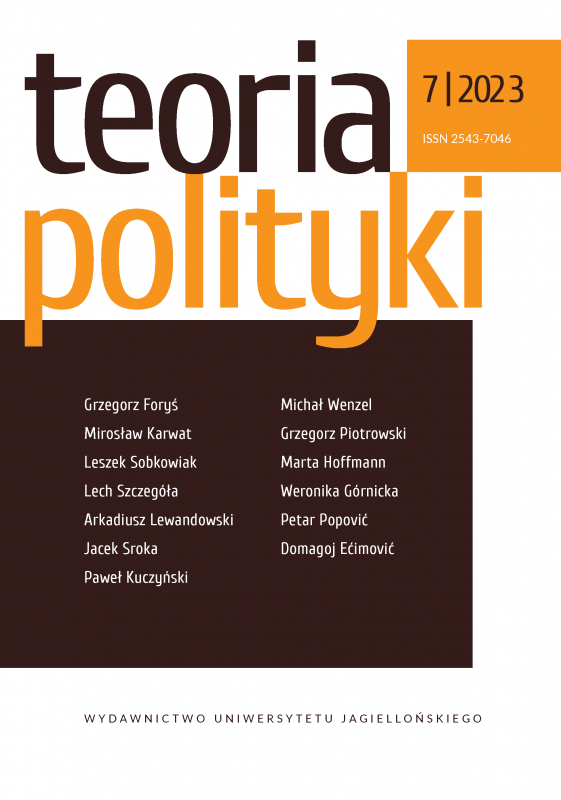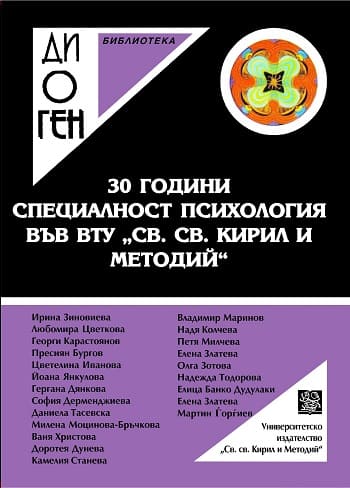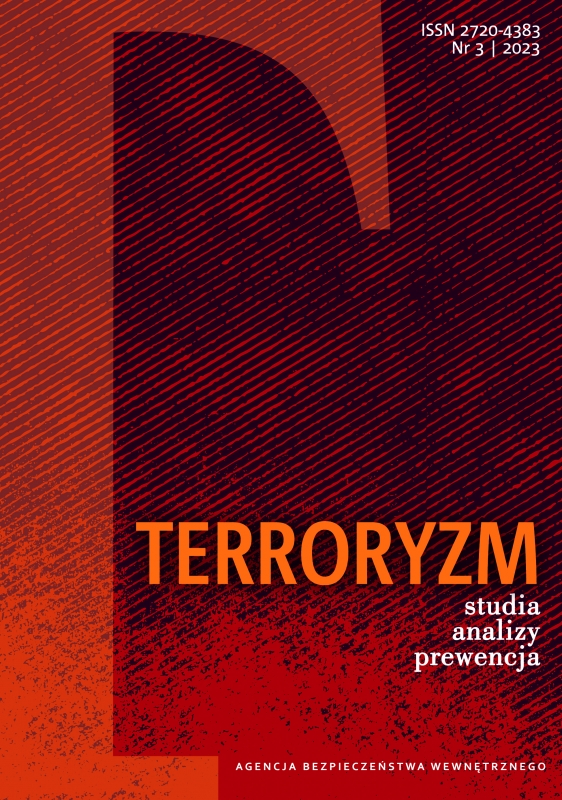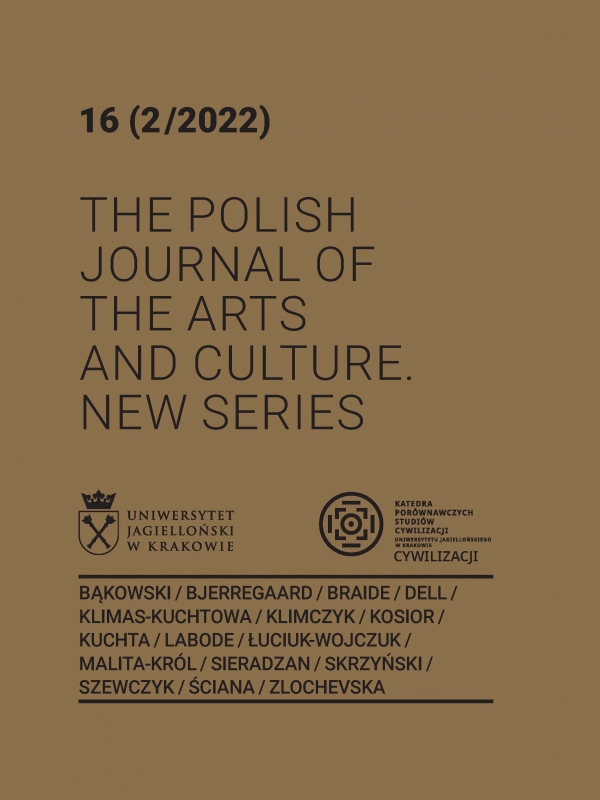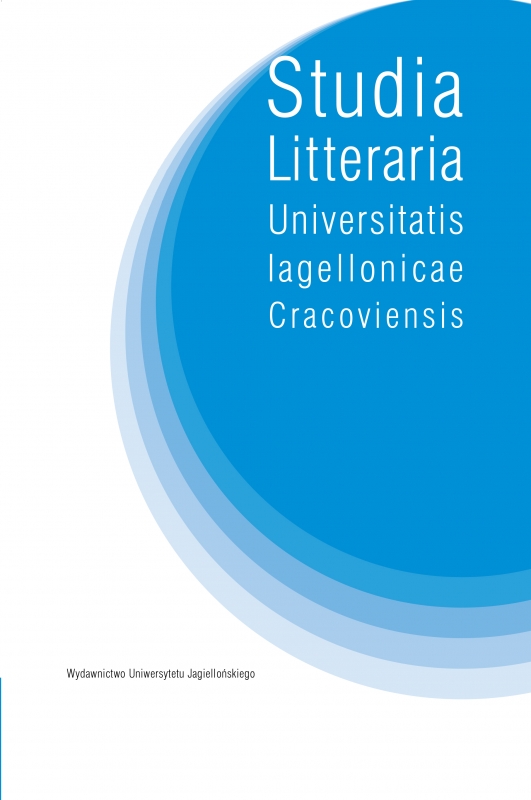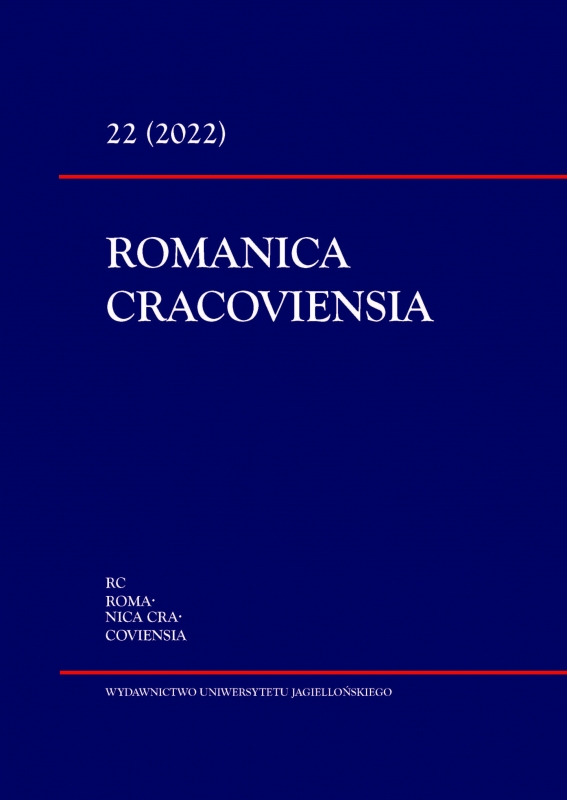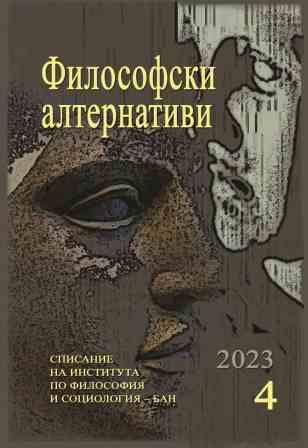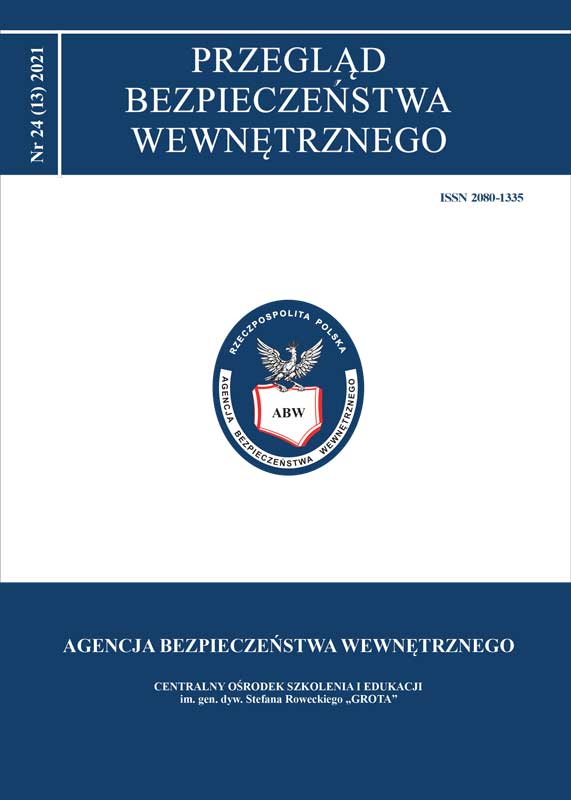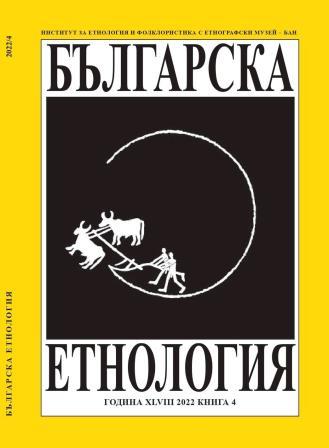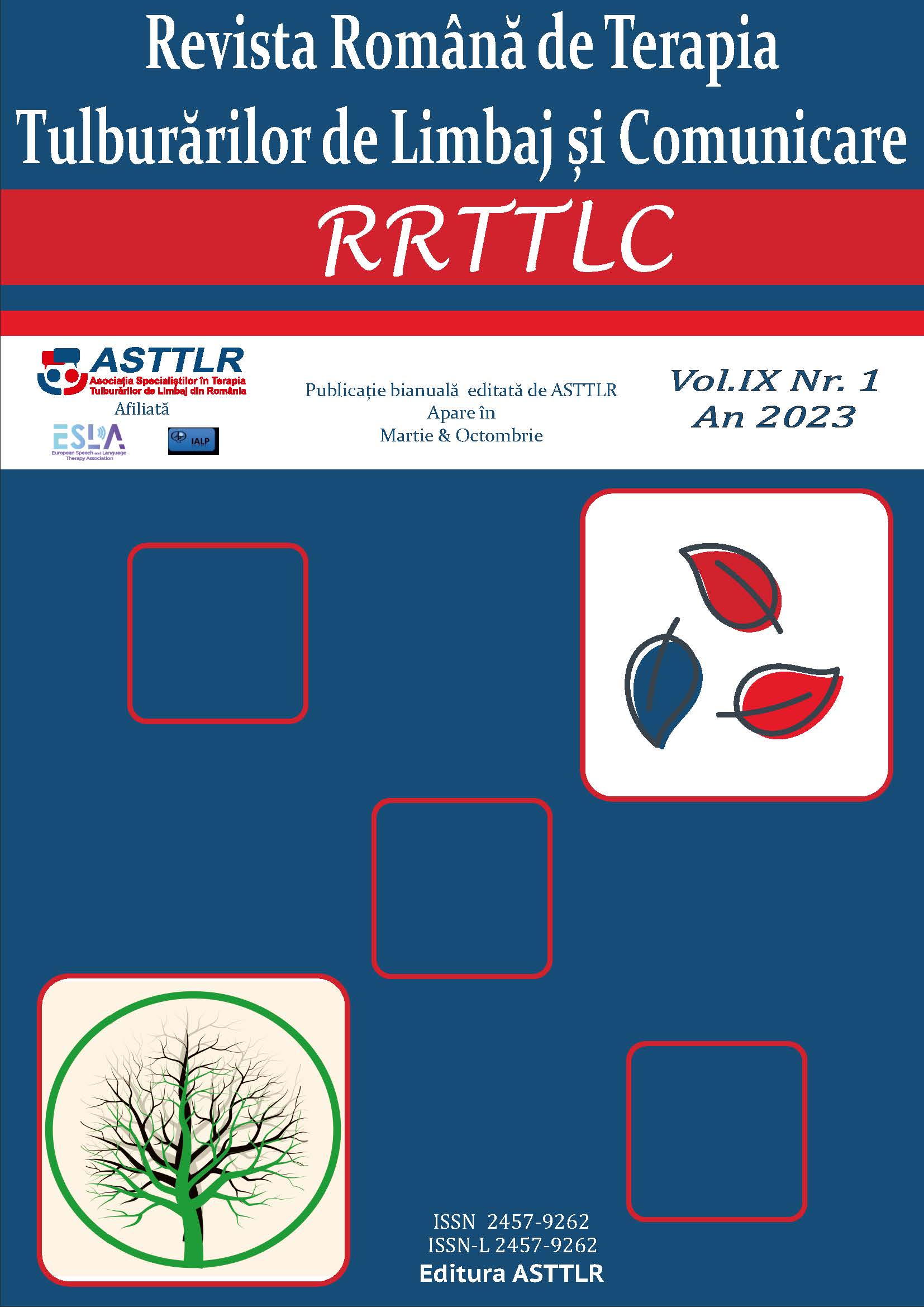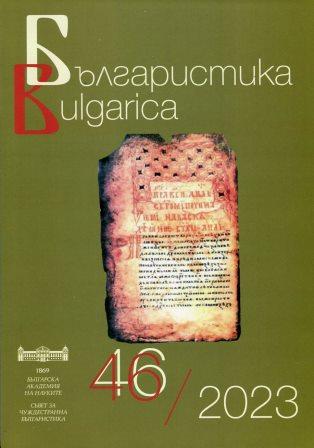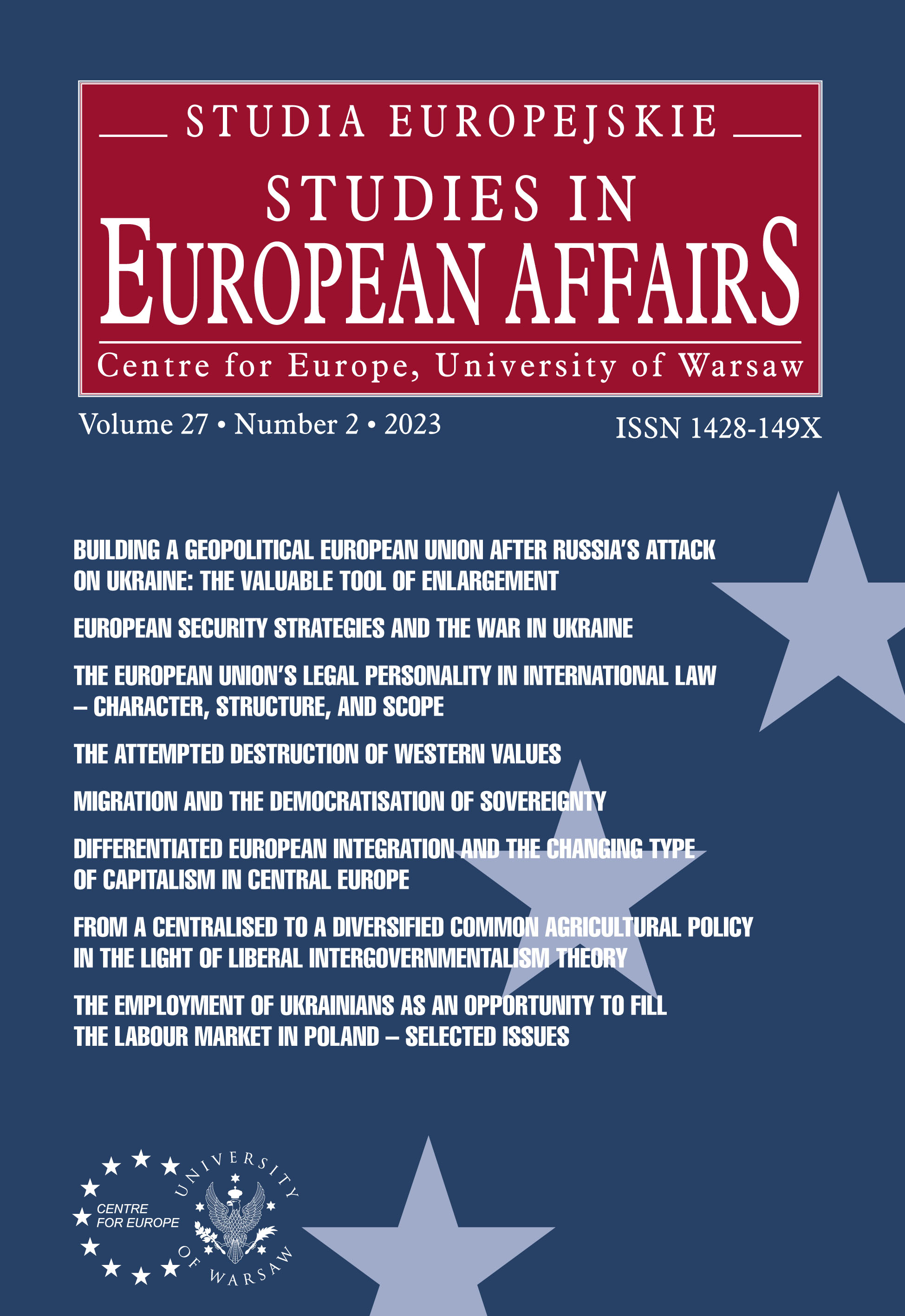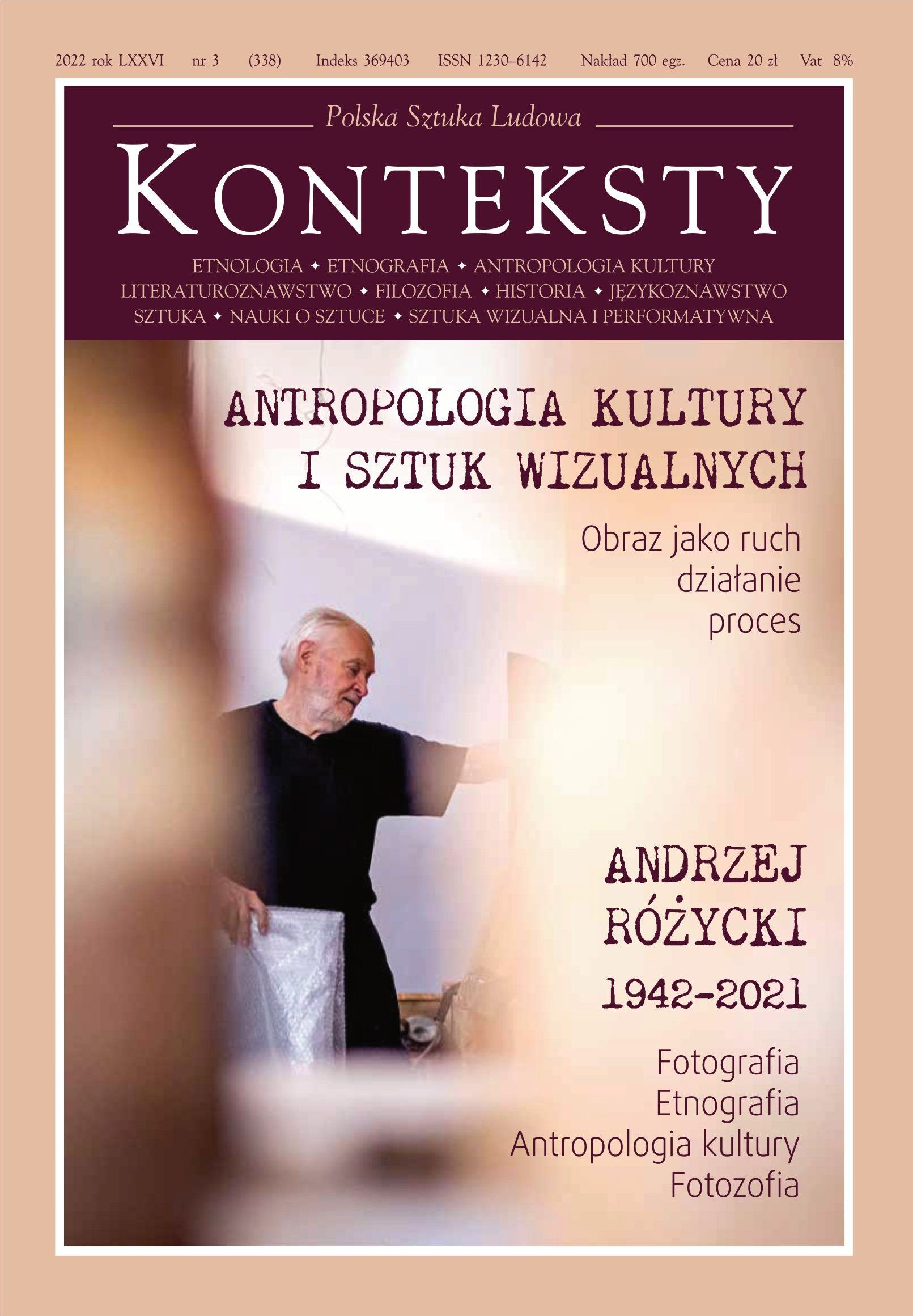
„Hej, kolęda, kolęda”, czyli niezbędny komentarz do antysemickiej maski
The point of departure of the presented text is a polemic with Adam Leszczyński’s Facebook entry condemning the inclusion of a photograph showing a mask of a Jew among a group of carollers (supposedly without a commentary), featured at the Ethnographic Museum in Cracow. In her reply the author of the text, simultaneously one of the Museum curators, not only explains the intention of including this particular depiction into museum space but also reconstructs the entire complex context and history of the motif of the Jew mask among the carollers. At the same time, she poses a question about the role played by an ethnographic museum and the limits of publicistic commentary (and associated abuse)."I found masks showing Jews and Gypsies, present in assorted caroller groups, disturbing. Upon numerous occasions I was asked why do we show such caricatures? What about the feelings of Jewish and Romani visitors, facing such depictions of themselves and asking: is this my museum, a museum about me?How did the Jew character find himself among carollers? Did this take place when older carol singing became linked with the Church ritual theatre? How did the Jew-rabbi appear amidst the canon of carollers (together with King Herod) or the Jew Trader among those singing together with the turoń? Perhaps this is a distant trace of the commedia dell-arte, an echo of the Pantaloon (Venetian trader) dramatis persona and the Servants? Or is the reason entirely different? It is worthwhile to exploit the opportunity provided by the omittance of the commentary on the part of a recognised journalist and historian, as well as his propagation of false information about its absence. The crux of the matter is, after all, the existence of a mask portraying a Jew as pars pro toto of the entire permanent ethnographic exhibition. This is not the first time when the nature of this object, i.e. the disguise and hence the disclosure of exiting but concealed contests, makes itself known. The context of the ethnographic museum constitutes an excellent backdrop for such reflections”.
More...
